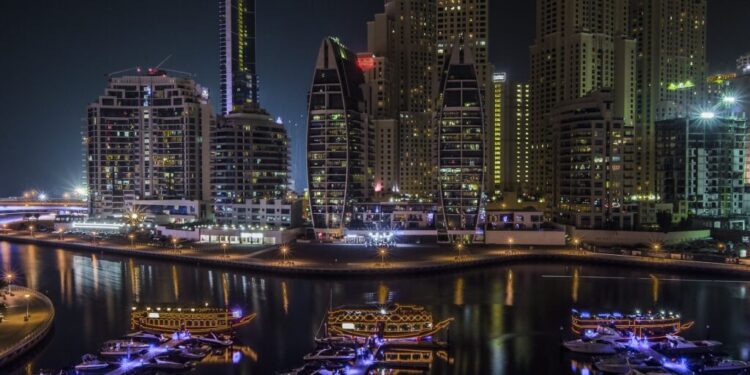Money-laundering is no longer secret and very obvious in the United Arab Emirates (UAE). It is the central place for luxurious life. Politicians and foreign officials would openly showcase theri house and stacks of cash under their name. UAE’s business hub has been a magnet for money. But the Financial Action Task Force (FATF) urged the UAE to perform fundamental and major reforms on financial crime.
In a few days forward FATF would assess the country’s effort in realizing the task. Otherwise, it will enter the ‘gray list’ or problematic ones. It will be a huge hindrance for UAE’s reputation as a sophisticated financial hub. The country indeed has a lot of regulations regarding money-laundering. However, The Economist said they are rarely used. In five years between 2013 to 2018, there were only 50 prosecutions and 33 convictions.
Another problem will be jurisdictions. UAE is a federation of seven emirates. It also has free zones allowing foreign companies to have full trade ownership. The governor of the central bank, Khaled Balama said that the UAE may need a platform to integrate everything in the country. The advice has been implemented, 92% of firms have declared the information of ownership.
Among the seven emirates, Dubai accelerates more than its neighbors. Dirty money is its focus. Dubai’s property construction pace continues to grow more than the population growth. Criminals find Dubai as a convenient place to launder money. High-end brokers have past clients from Dubai.
FATF takes example in Afghan officials who bought $2 million villas on Palm Jumeirah, an artificial island in Dubai. Moreover, seven criminals such as in drug-trafficking, financing terrorism, under Western sanctions own homes in emirate. So far, Dubai remains a magnet of money. Then, the dirty money flow would be in the further investigation.








